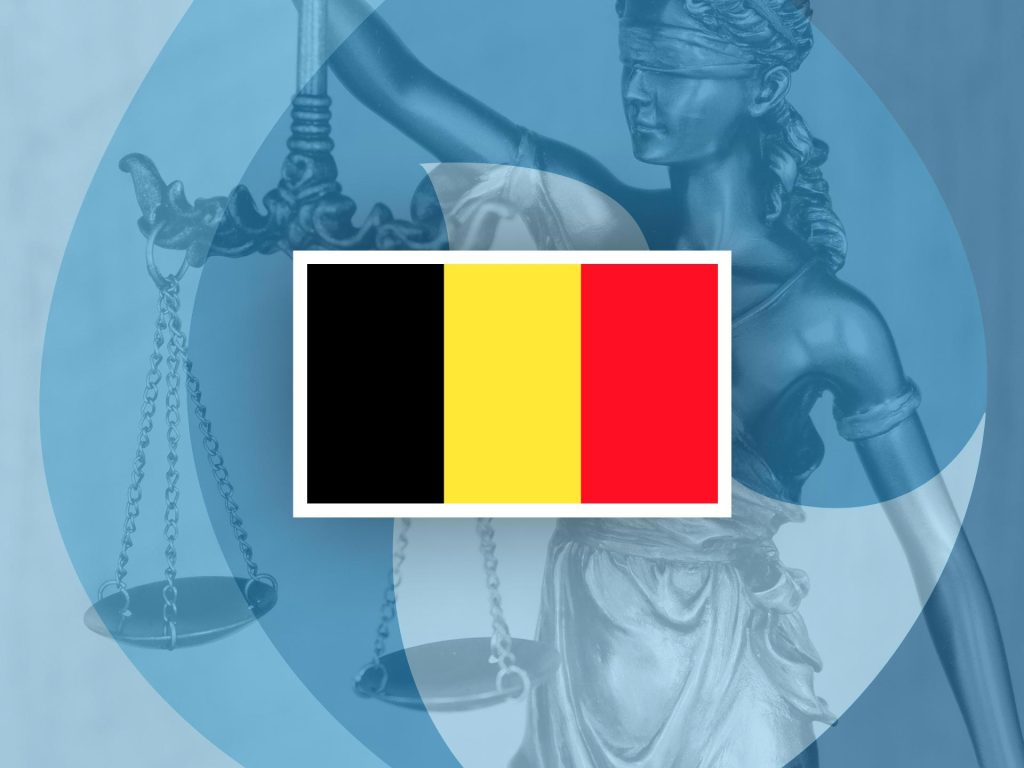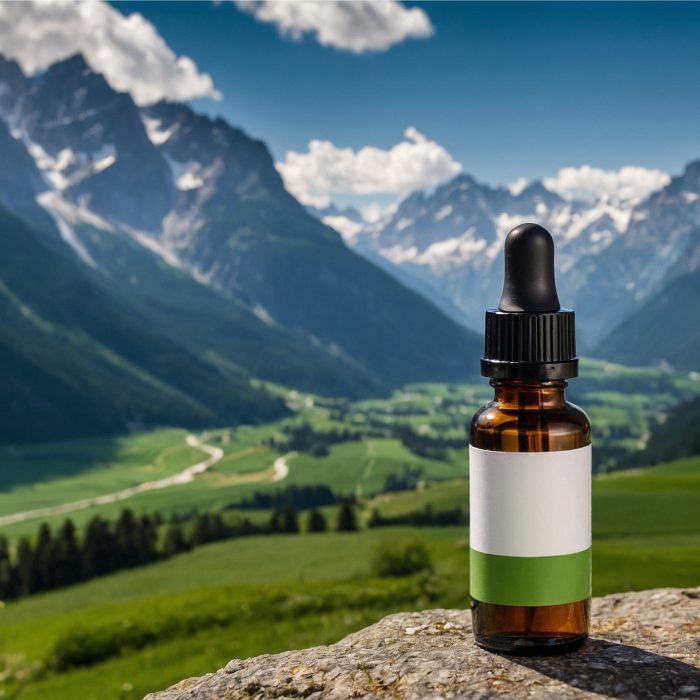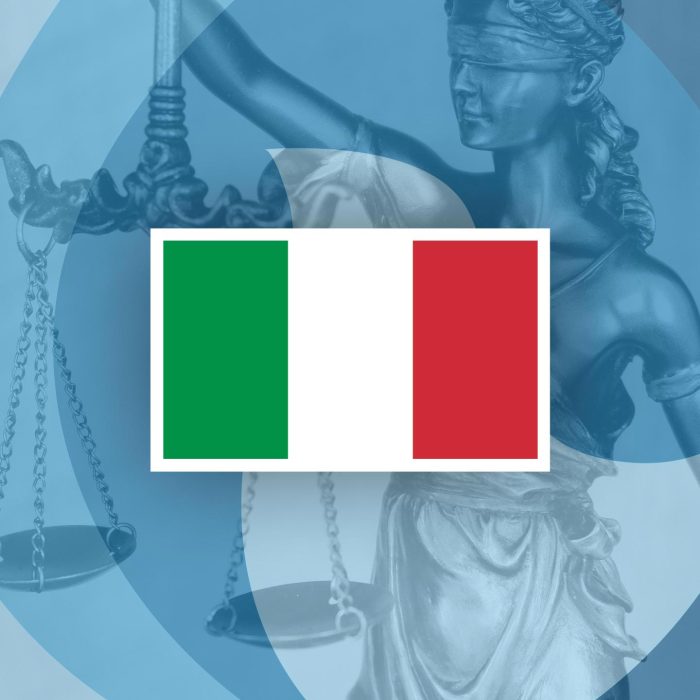Is CBD Legal in Belgium?

Is CBD (cannabidiol) legaal in België?
The legal status of CBD in Belgium is complex and often misunderstood due to conflicting information and evolving regulations. While many online sources may suggest that CBD oil and other CBD products are perfectly legal and readily available, the reality is more nuanced. This article provides an up-to-date overview of the legal status of CBD in Belgium, covering its use as a food supplement, in cosmetics, for pet food, medical purposes, and the cultivation of hemp.
Legality Summary
- Food Supplements: CBD as a food supplement is generally prohibited under Belgian law.
- Cosmetics: CBD in cosmetics is allowed under strict regulations.
- Pet Food: CBD is not permitted for use in pet food.
- Medical Use: CBD can be used for medicinal purposes but requires a prescription.
- Hemp Cultivation: Hemp cultivation is allowed under strict conditions, with limitations on THC content.
History of Cannabis in Belgium
Cannabis has a long history in Belgium, primarily for industrial purposes. The Belgian drug law of 1921 classified cannabis as a controlled substance, and the use of its extracts, even non-psychoactive ones like CBD, has been strictly regulated ever since. In recent years, there has been growing interest in CBD, but the legal framework remains restrictive.
Current Drug Laws and Their Impact on CBD and Hemp Regulations
Belgium operates under a strict interpretation of international and European drug treaties, making it difficult to develop a more lenient domestic policy on cannabis and CBD. The Belgian drug law prohibits the use of extracts from the cannabis plant, even if they contain only CBD and no THC. This makes it illegal to produce, sell, or distribute CBD oil for consumption purposes. The FOD Volksgezondheid, Veiligheid van de Voedselketen en Leefmilieu (Federal Public Service Health, Food Chain Safety, and Environment) oversees the regulation and enforcement of these laws.
Detailed Analysis for Each Category
Food Supplements
According to the Royal Decree of 29 August 1997, the use of Cannabis sativa L. in or as food, including food supplements, is prohibited in Belgium. This regulation aligns with the European Union’s stance on CBD as a novel food, which requires authorization before being marketed. The Federal Public Service Health recently reiterated this position, stating that CBD cannot be used in food products in Europe.
- Regulating Body: FOD Volksgezondheid – Voedingssupplementen
- Recent Update: CBD as Food is Prohibited in Europe
- Current Status: Illegal for use as a food supplement.
Cosmetics
CBD can be used in cosmetics in Belgium if it complies with the EU Cosmetics Regulation (EC No 1223/2009). The Federal Public Service Health provides guidelines on the safe use of CBD in cosmetic products. These products must not contain any traces of THC and must comply with all other ingredient regulations.The Belgian authorities emphasize that any cosmetic product containing CBD must not make therapeutic claims, as this would classify the product as a medicinal item. For more details on the regulation of cosmetic products in Belgium, refer to the official Belgian Cosmetics Regulation page.
- Regulating Body: FOD Volksgezondheid – Cosmetische Producten
- Current Status: Legal if compliant with EU and Belgian regulations.
Pet Food
The use of CBD in pet food is not permitted in Belgium due to concerns over food safety and the lack of scientific evidence supporting its safety and efficacy for animals. This is consistent with the cautious approach taken by the European Food Safety Authority (EFSA) regarding the use of CBD in animal feed.
- Regulating Body: FOD Volksgezondheid – Diergeneeskunde
- Current Status: Illegal for use in pet food.
Medical Use
CBD for medical use is permitted under specific conditions. It can only be prescribed by a healthcare professional for certain medical conditions, such as severe epilepsy, chronic pain, and spasticity associated with multiple sclerosis. The Belgian government tightly controls the production and distribution of medical cannabis products. Any CBD product used for medical purposes must meet stringent quality and safety standards.
- Regulating Body: FOD Volksgezondheid – Medicinale Gebruik
- Current Status: Legal with a prescription.
Hemp Cultivation
Hemp cultivation is legal in Belgium for varieties containing less than 0.2% THC. Farmers must obtain a license and adhere to strict regulations to ensure that their crops are compliant with the law. Hemp can be grown for industrial purposes, but not for the production of CBD extracts intended for human consumption.
- Regulating Body: FOD Volksgezondheid
- Current Status: Legal with restrictions.
Smoking Products Compliance
For businesses involved in the sale of CBD smoking products, a specific notification procedure must be followed. Products intended for smoking that contain CBD must have a THC content of less than 0.3% and cannot include therapeutic claims. They also need to be notified to the European Common Entry Gate (EUCEG), and manufacturers must submit all ingredient information to the FOD Volksgezondheid before the products are placed on the market. Only products listed in the positive notification list can be sold legally. More details on this process are available on the FOD Volksgezondheid website.
Additional Insights
Cannabis Social Clubs (CSCs)
Belgium has a small number of Cannabis Social Clubs (CSCs) that allow members to grow cannabis collectively for personal use. These clubs operate in a legal gray area and frequently face legal challenges. The existence and operation of CSCs are not officially recognized, and they are subject to enforcement actions by local authorities.
Medicinal Cannabis
Belgium’s approach to medicinal cannabis remains highly restrictive. The only approved medicinal product is Sativex, which is used for the treatment of spasticity in multiple sclerosis. Other cannabis-based medicines are not legally available, and patients often have to rely on illegal sources or travel to countries like the Netherlands to obtain their medication. This creates a legal paradox, as transporting medicinal cannabis across borders is illegal, putting patients at risk of prosecution.
Regulatory Crackdowns: Belgian authorities have been proactive in cracking down on illegal sales of CBD products that do not comply with stringent legal requirements. This includes the seizure of products and fines for non-compliance.
Market Adaptation: Despite the restrictive legal environment, there is a growing market for CBD cosmetics and industrial hemp products, as these are still permissible under current regulations.
Relevant Reports and Studies
- A 2019 report on cannabis regulation in Belgium highlights the country’s restrictive stance on cannabis despite growing calls for reform. The report discusses Belgium’s cannabis history, the legal challenges faced by CSCs, and the country’s adherence to international drug treaties.
Legal Disclaimer
This article is for informational purposes only and should not be construed as legal advice. The legal status of CBD and hemp-related products can vary and is subject to change. It is strongly recommended to consult with a legal professional or the relevant authorities in Belgium before purchasing, using, or selling any CBD or hemp products. The information provided here is based on current laws and regulations as of the date of publication and may not reflect the most recent legal developments.
References and Important Links
- FOD Volksgezondheid – Regulation on Cosmetic Products
- FOD Volksgezondheid – CBD as Food Prohibited
- FOD Volksgezondheid – Voedingssupplementen
- European Food Safety Authority (EFSA)
- EU Novel Food Regulation
- EU Cosmetics Regulation
- COSING Database for Cosmetic Ingredients
- Wikipedia: Cannabis in Belgium
- TNI Report on Cannabis Regulation in Belgium



